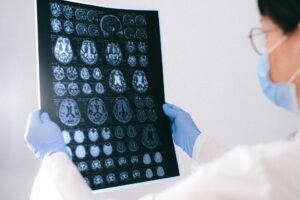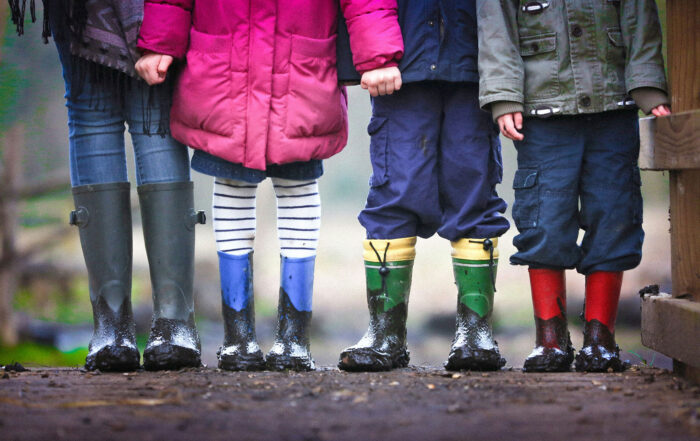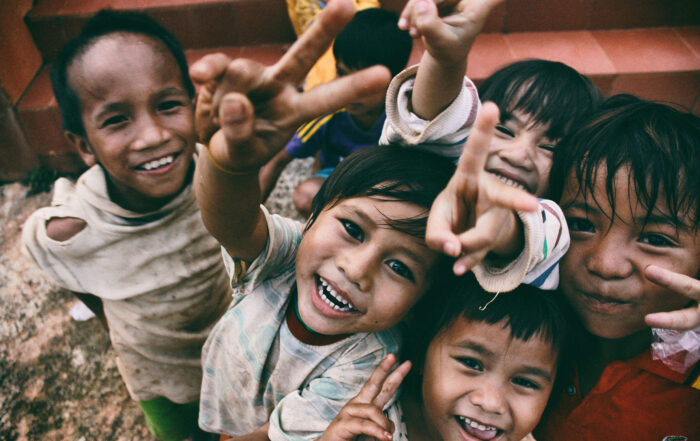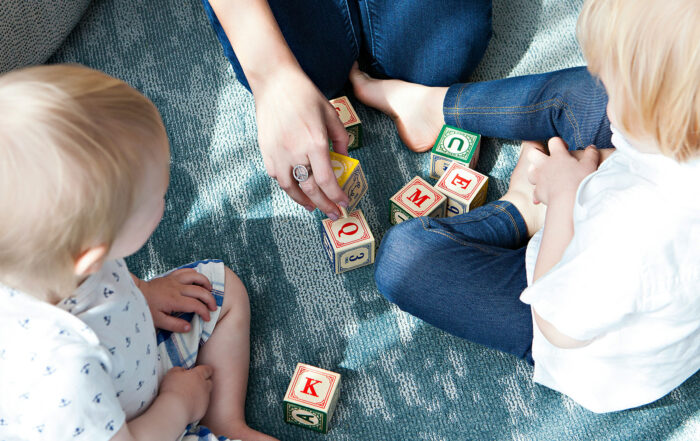
By University of Fukui
As sad as it is, child maltreatment continues to be a prevalent global social issue. Recent studies have revealed that up to one billion children aged 2 to 17 experience some form of abuse or neglect every year. While it is possible that some children may eventually overcome these experiences, abundant evidence indicates that child abuse can continue to have a lasting negative impact on brain and mental development, even as these children age. Therefore, prioritizing the prevention of this menacing behavior is crucial.
Share This Post!
Why Don’t Child Sex Abuse Victims Tell?
By David M. Allen, M.D. One of the things that child abuse deniers like the False Memory Syndrome Foundation focus on, besides child abuse apologist Elizabeth Loftus's irrelevant arguments about the unreliability of [...]
Post-Traumatic Childhood
By Bessel A. van der Kolk Brookline, Mass. - As a young psychiatrist, I worked with Vietnam War combat veterans and confronted the astonishing lack of resources to help these men and women [...]
About the CDC-Kaiser ACE Study
By the Center for Disease Control The CDC-Kaiser Permanente Adverse Childhood Experiences (ACE) Study is one of the largest investigations of childhood abuse and neglect and later-life health and well-being. The original ACE [...]
How Childhood Abuse Changes the Brain
By Leonard Holmes Studies have demonstrated over and over that childhood abuse and neglect results in permanent changes to the developing human brain. These changes in brain structure appear to be significant [...]
Traumatic Experiences Widespread Among U.S. Youth
By the Robert Wood Johnson Foundation Princeton, N.J.—New national data show that at least 38 percent of children in every state have had at least one Adverse Childhood Experience or ACE, such [...]
Childhood Trauma May Shorten Life By 20 Years
By Joseph Brownstein While it may not come as a surprise that survivors of childhood traumas have more difficult lives, a new study says that those children can also expect their [...]







